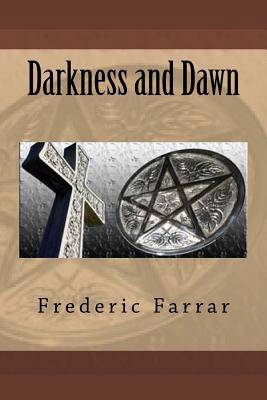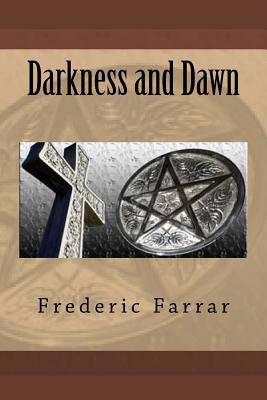
Door een staking bij bpost kan je online bestelling op dit moment iets langer onderweg zijn dan voorzien. Dringend iets nodig? Onze winkels ontvangen jou met open armen!
- Afhalen na 1 uur in een winkel met voorraad
- Gratis thuislevering in België vanaf € 30
- Ruim aanbod met 7 miljoen producten
Door een staking bij bpost kan je online bestelling op dit moment iets langer onderweg zijn dan voorzien. Dringend iets nodig? Onze winkels ontvangen jou met open armen!
- Afhalen na 1 uur in een winkel met voorraad
- Gratis thuislevering in België vanaf € 30
- Ruim aanbod met 7 miljoen producten
Zoeken
Omschrijving
I have endeavoured to choose a title for this book which shall truly describe its contents. The 'Darkness' of which I speak is the darkness of a decadent Paganism; the 'Dawn' is the dawn of Christianity. Although the story is continuous, I have called it 'Scenes in the Days of Nero, ' because the outline is determined by the actual events of Pagan and Christian history, more than by the fortunes of the characters who are here introduced. In other words, the fiction is throughout controlled and dominated by historic facts. The purport of this tale is no less high and serious than that which I have had in view in every other book which I have written. It has been the illustration of a supreme and deeply interesting problem-the causes, namely, why a religion so humble in its origin and so feeble in its earthly resources as Christianity, won so majestic a victory over the power, the glory, and the intellect of the civilised world. The greater part of the following story has been for some years in manuscript, and, since it was designed, and nearly completed, several books have appeared which deal with the same epoch. Some of these I have not seen. From none of them have I consciously borrowed even the smallest hint
Specificaties
Betrokkenen
- Auteur(s):
- Uitgeverij:
Inhoud
- Aantal bladzijden:
- 420
- Taal:
- Engels
Eigenschappen
- Productcode (EAN):
- 9781508470014
- Uitvoering:
- Paperback
- Formaat:
- Trade paperback (VS)
- Afmetingen:
- 152 mm x 229 mm
- Gewicht:
- 557 g

Alleen bij Standaard Boekhandel
+ 55 punten op je klantenkaart van Standaard Boekhandel
Beoordelingen
We publiceren alleen reviews die voldoen aan de voorwaarden voor reviews. Bekijk onze voorwaarden voor reviews.











